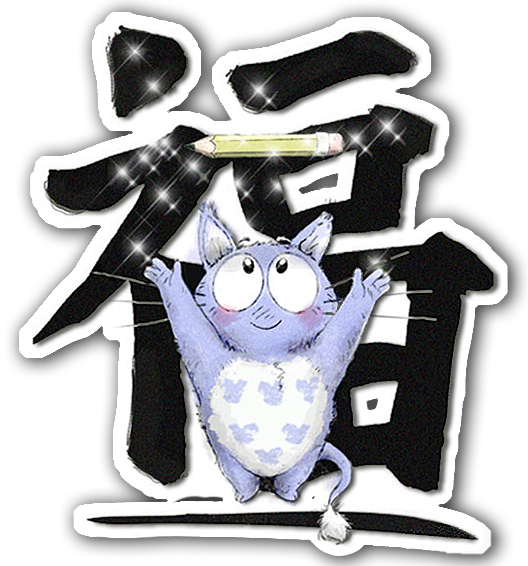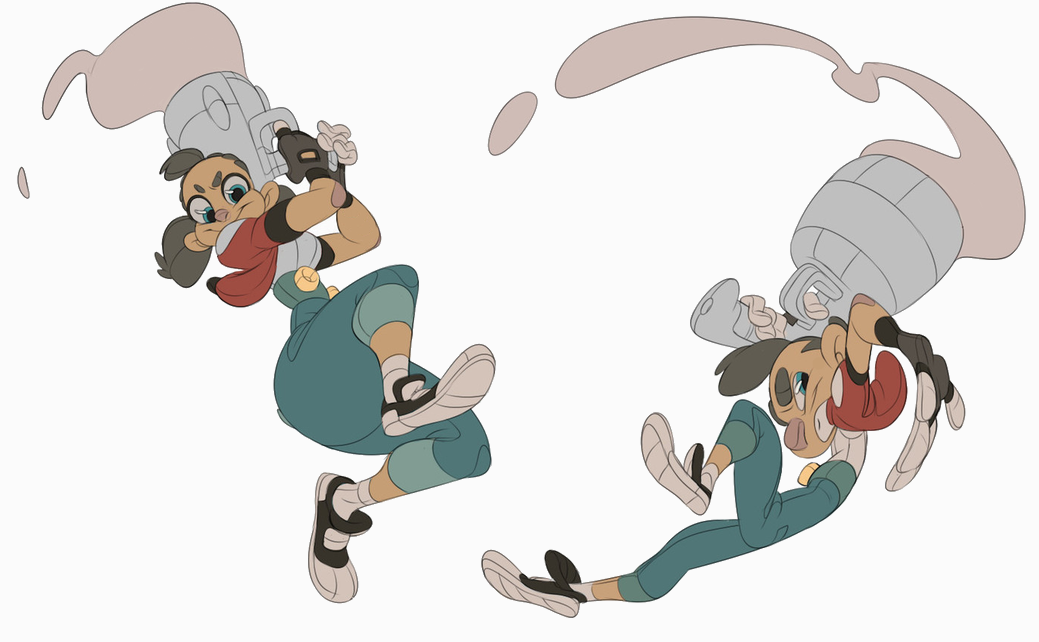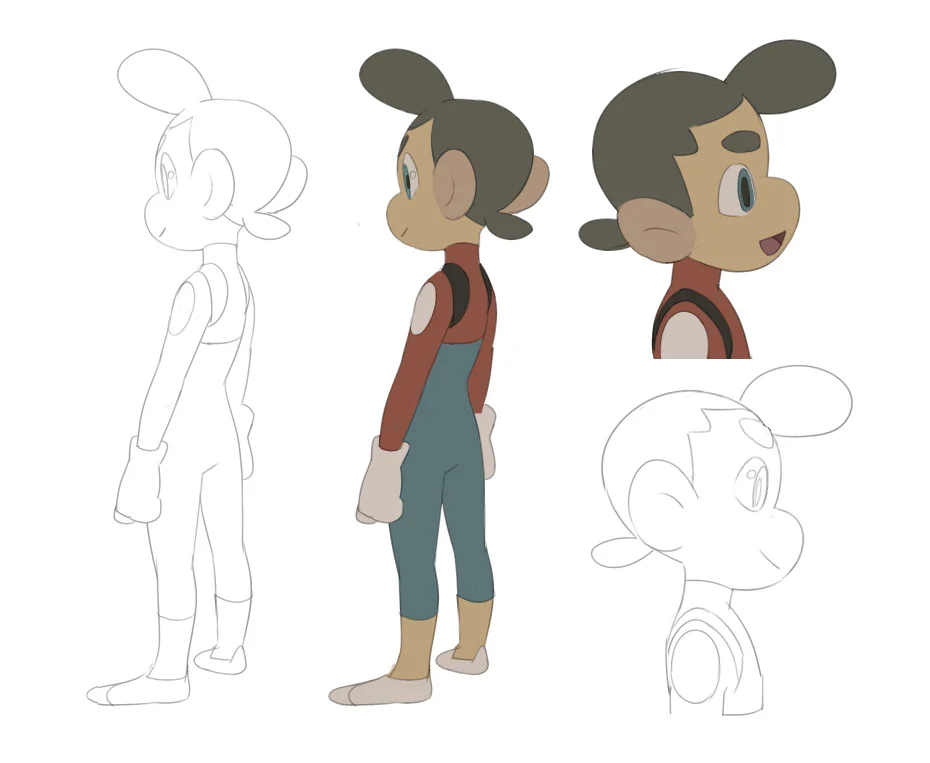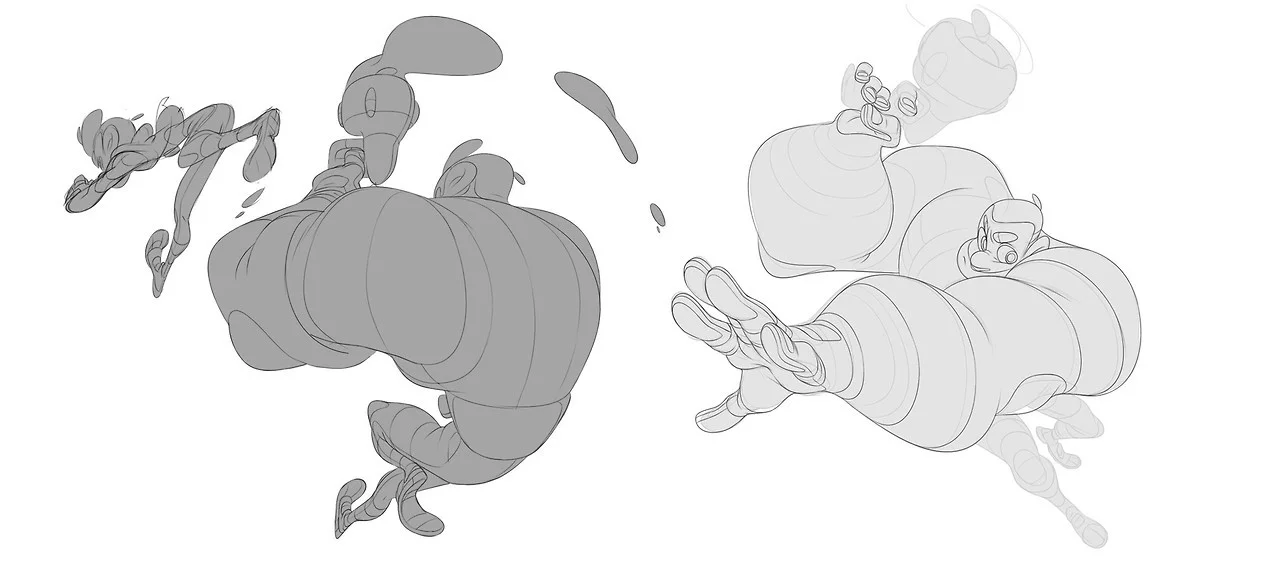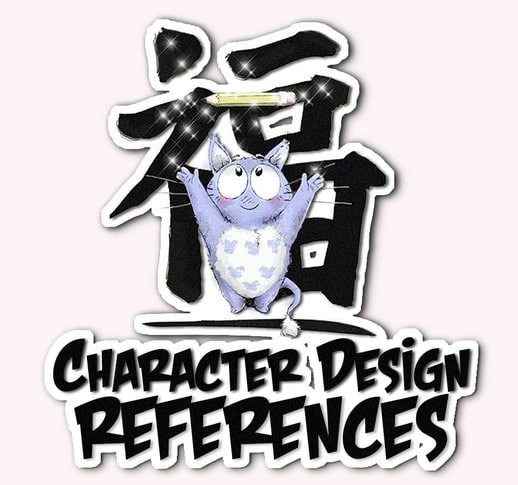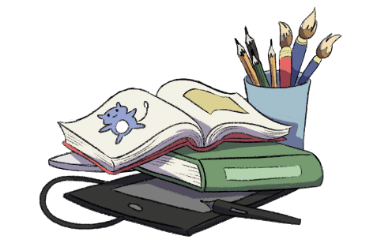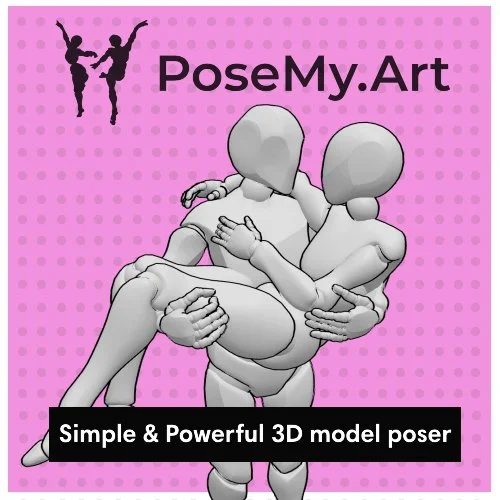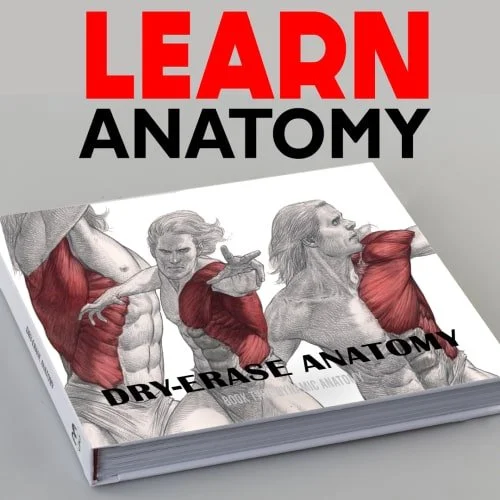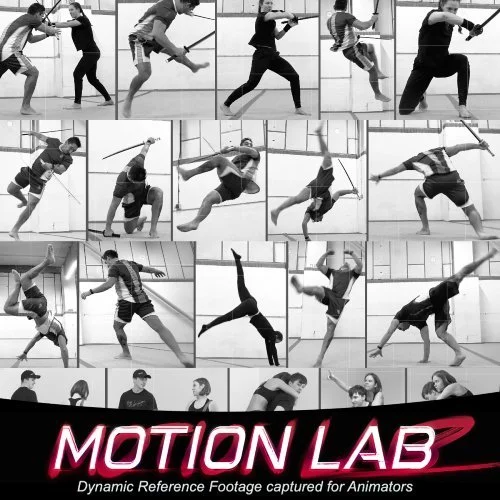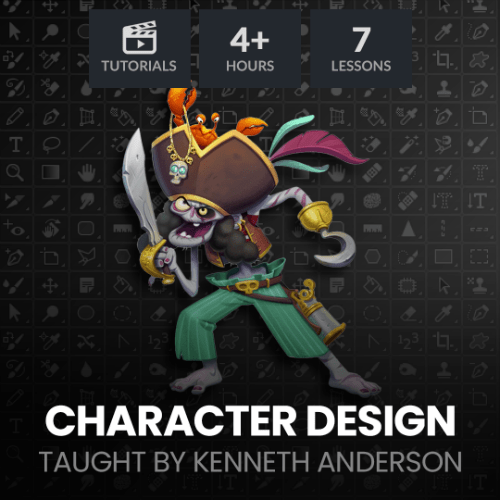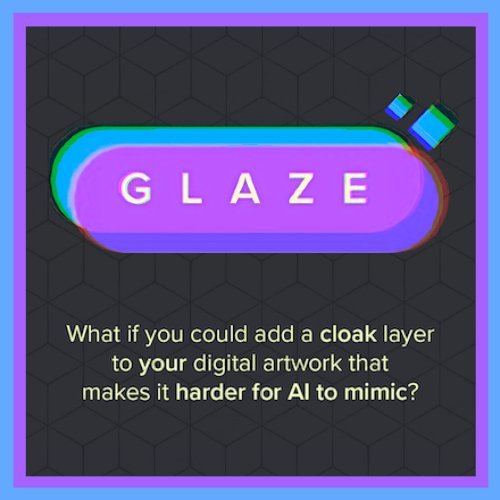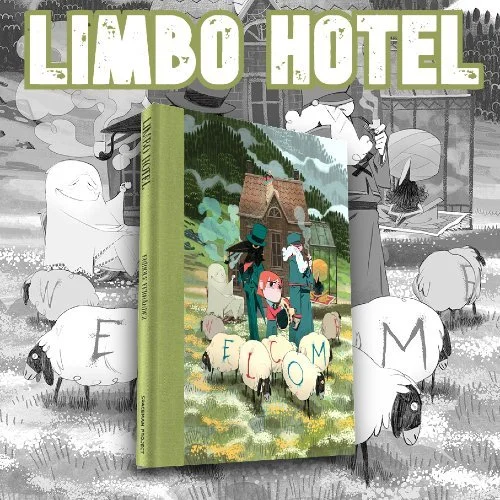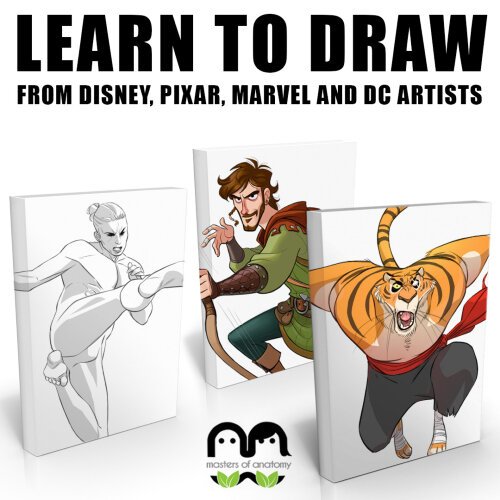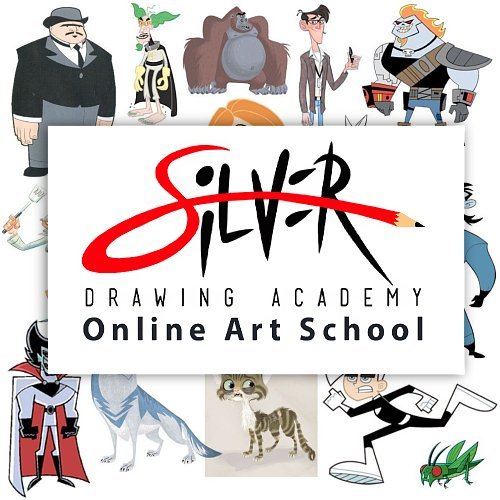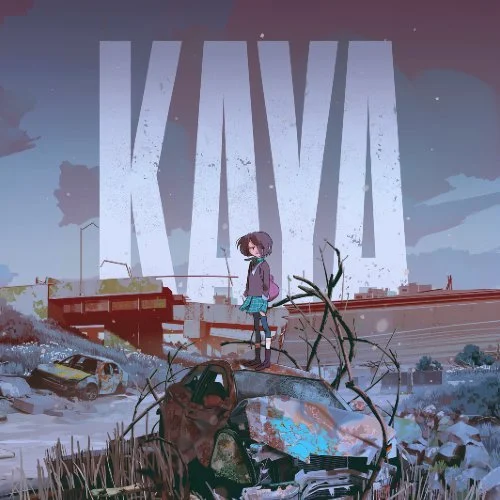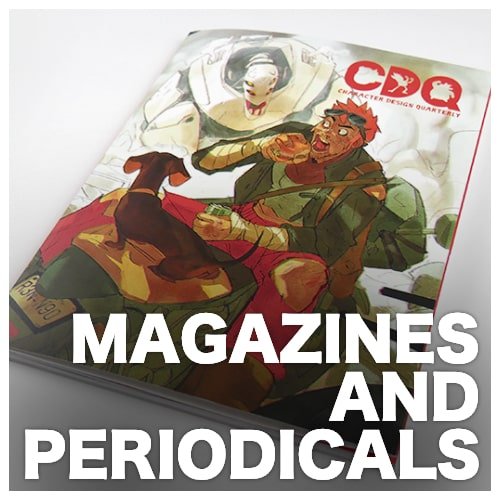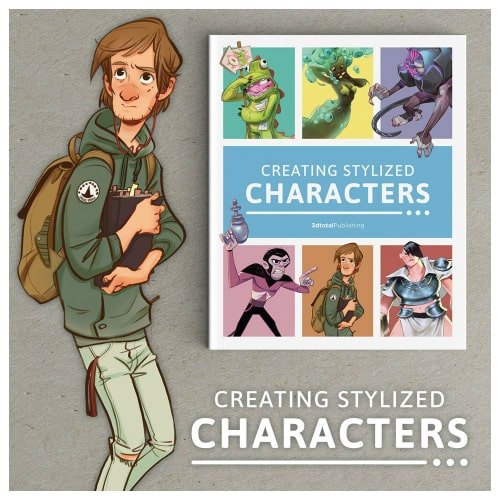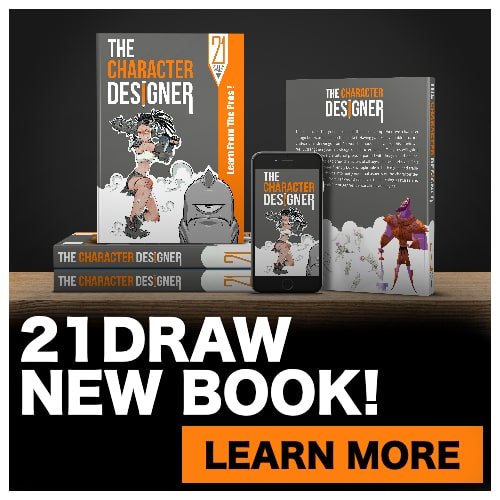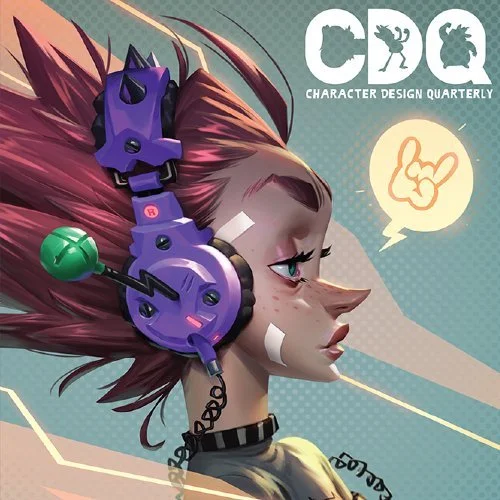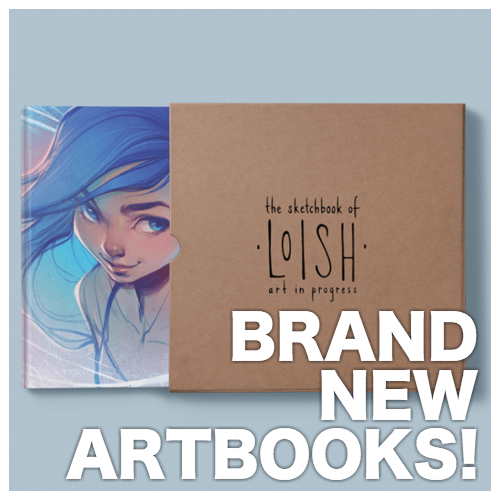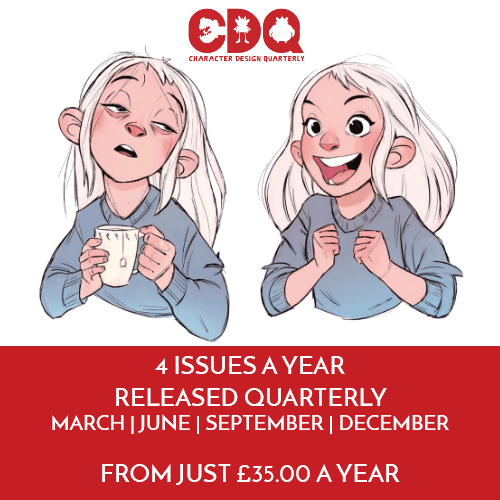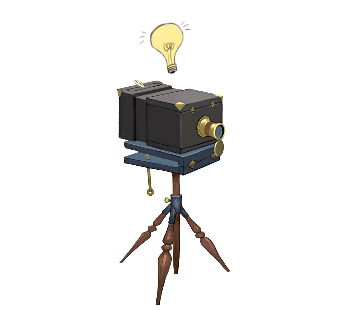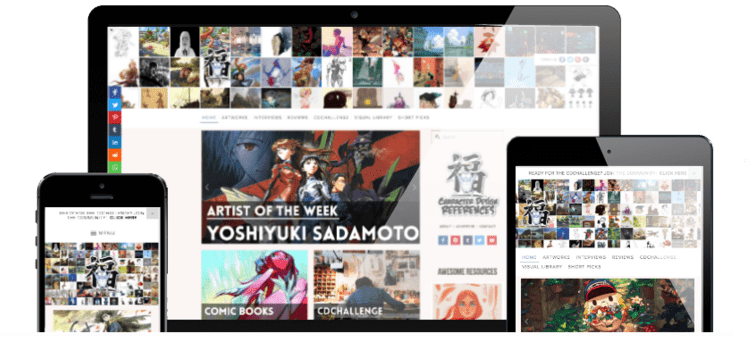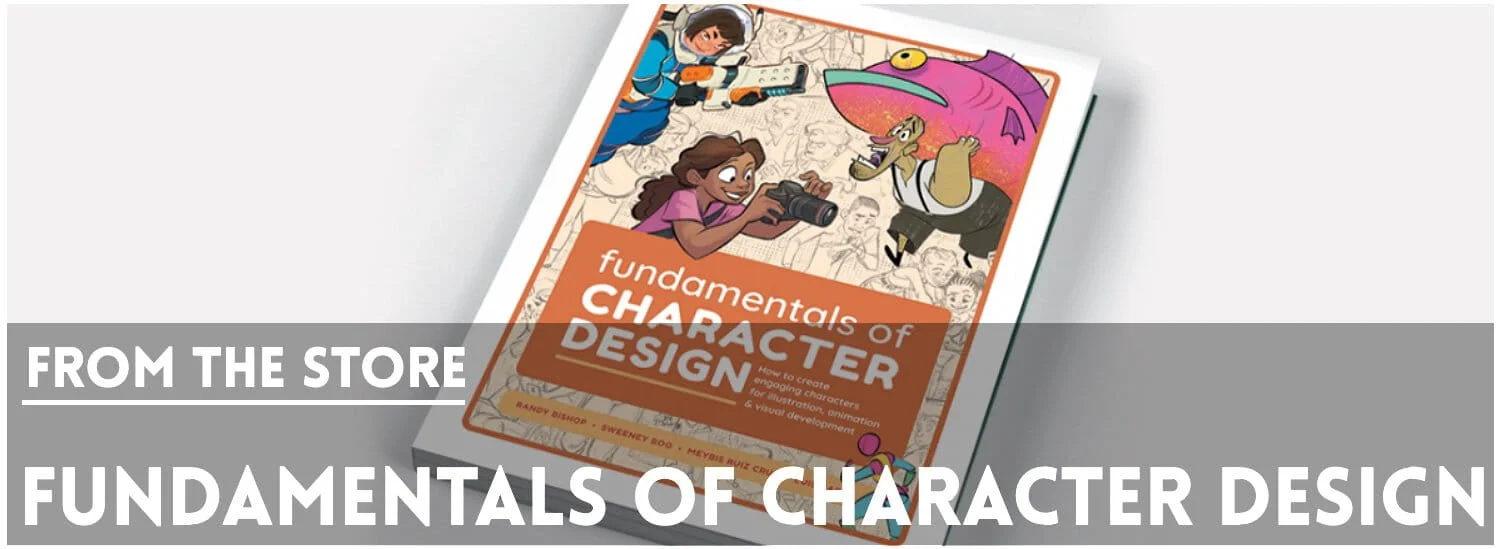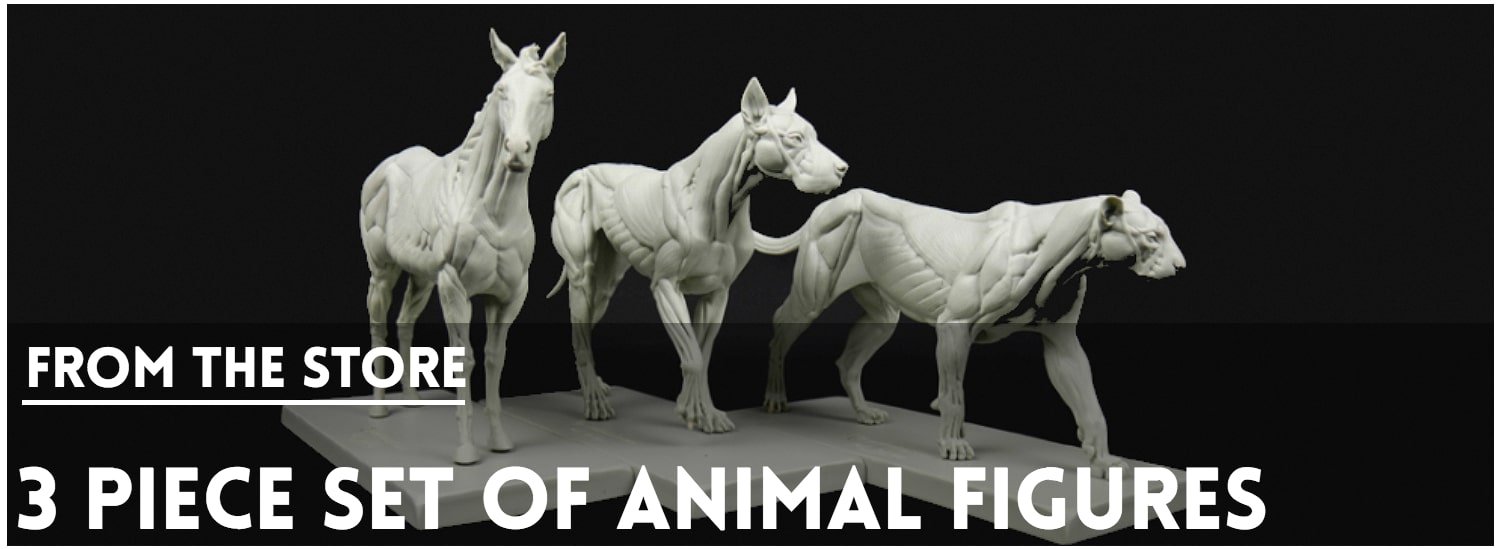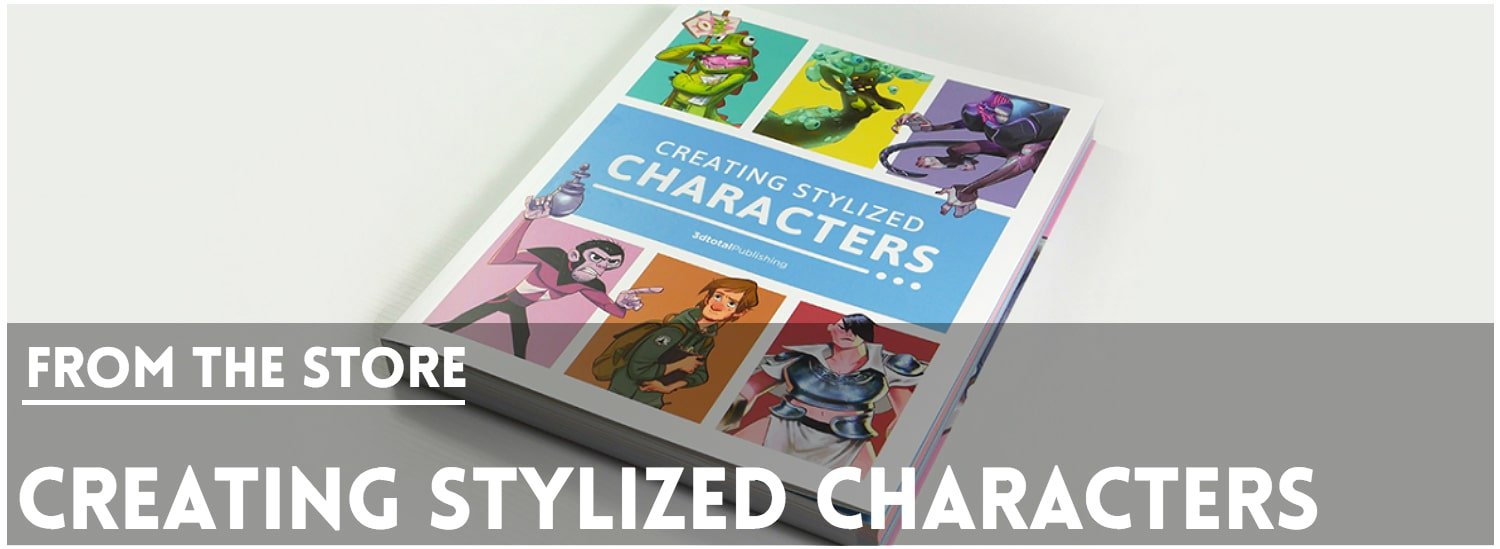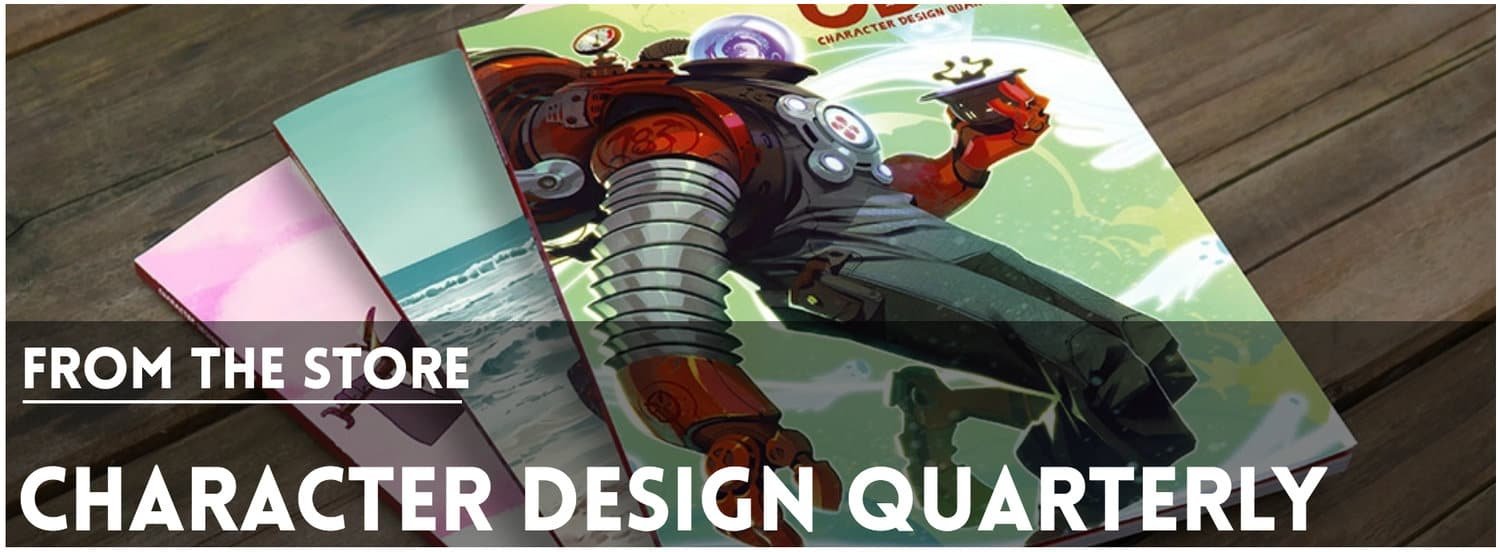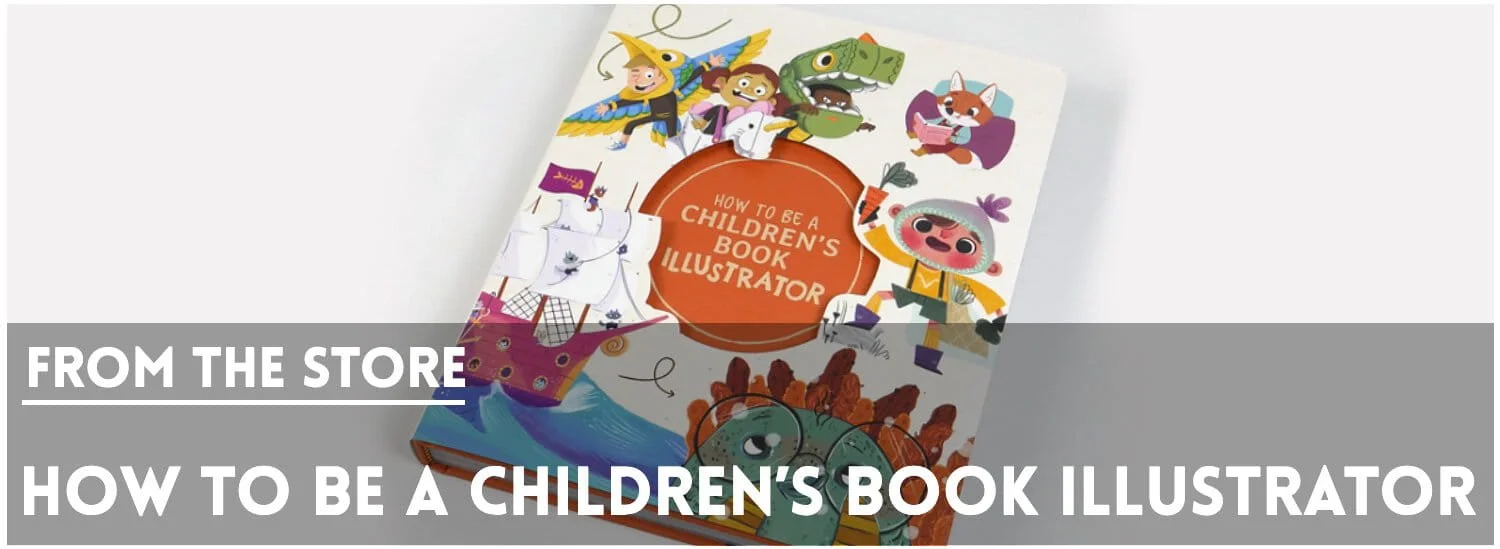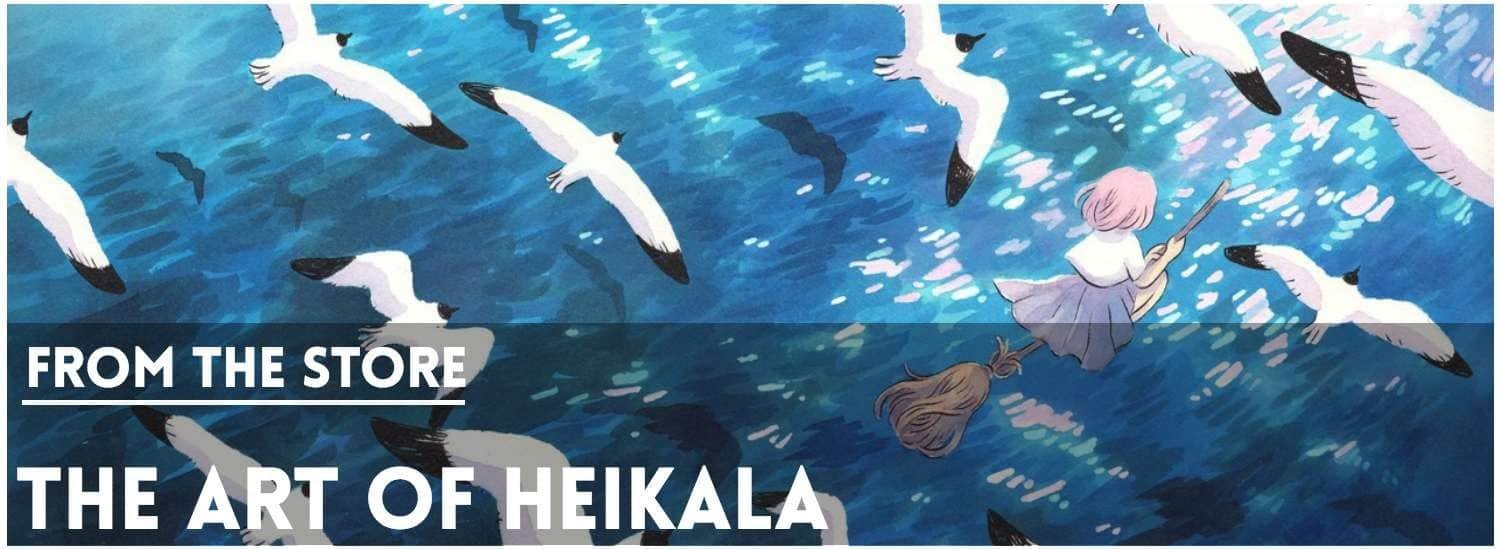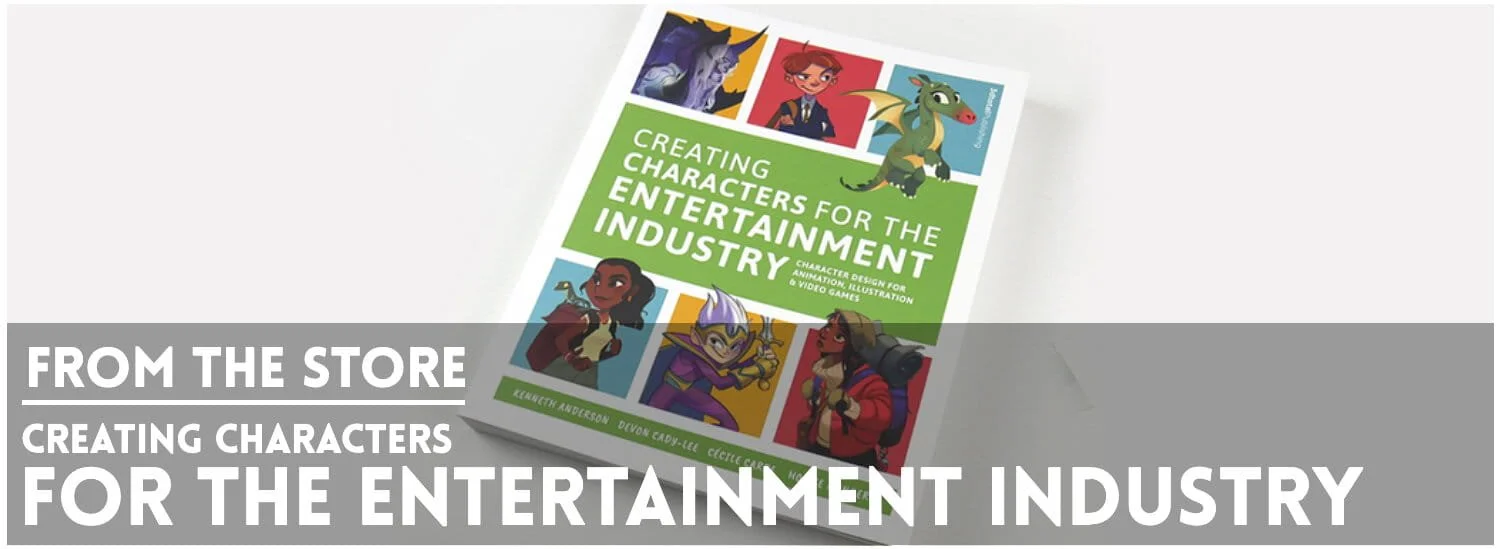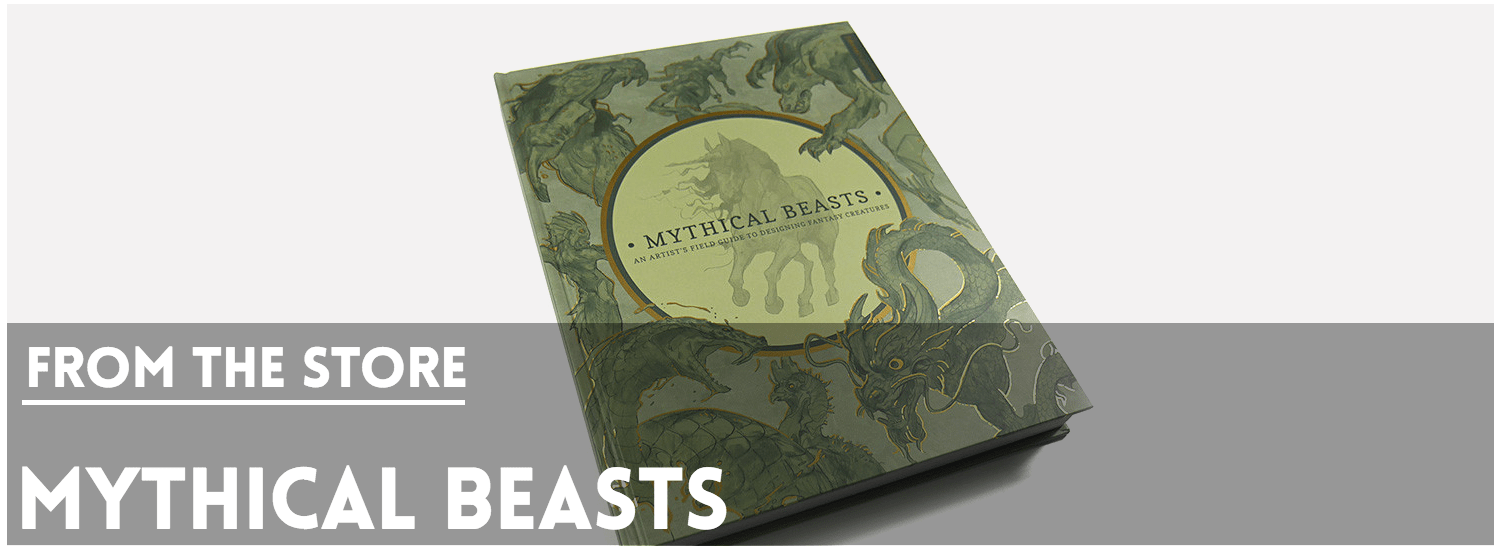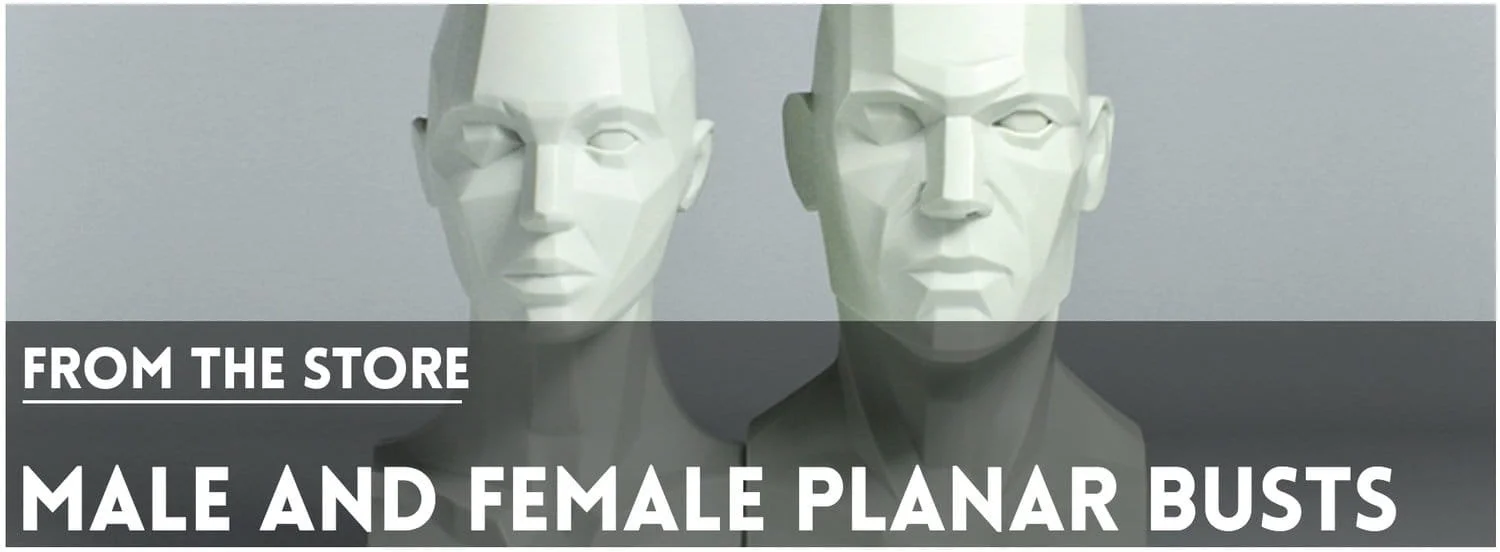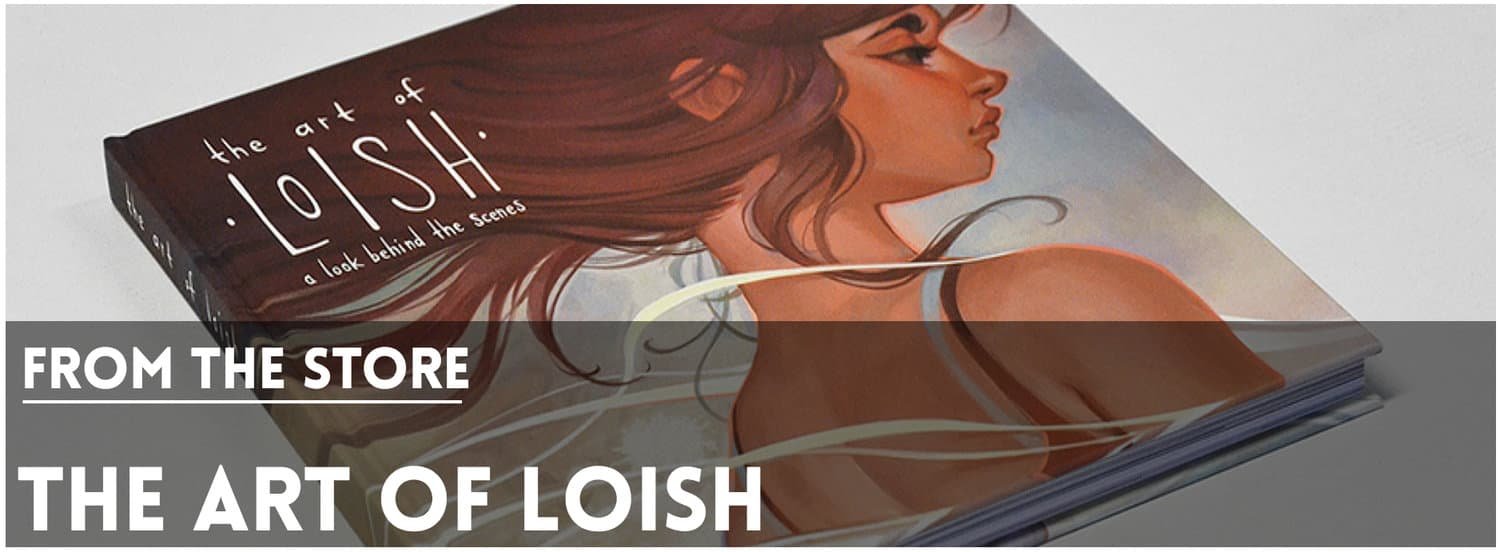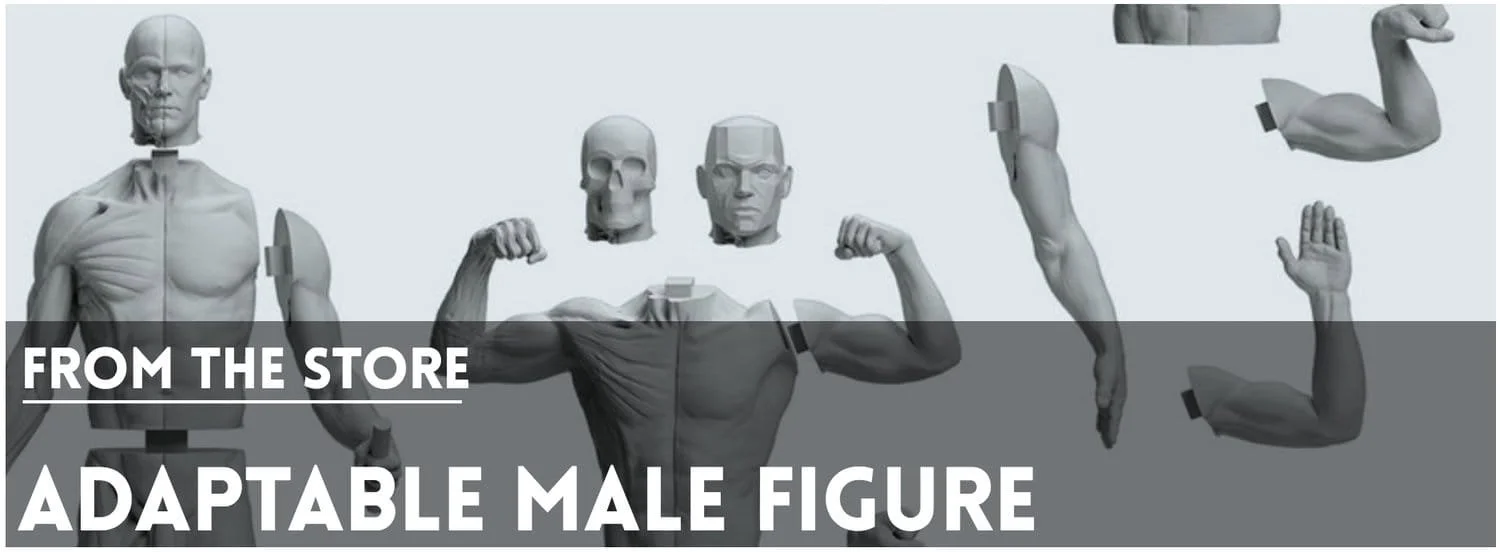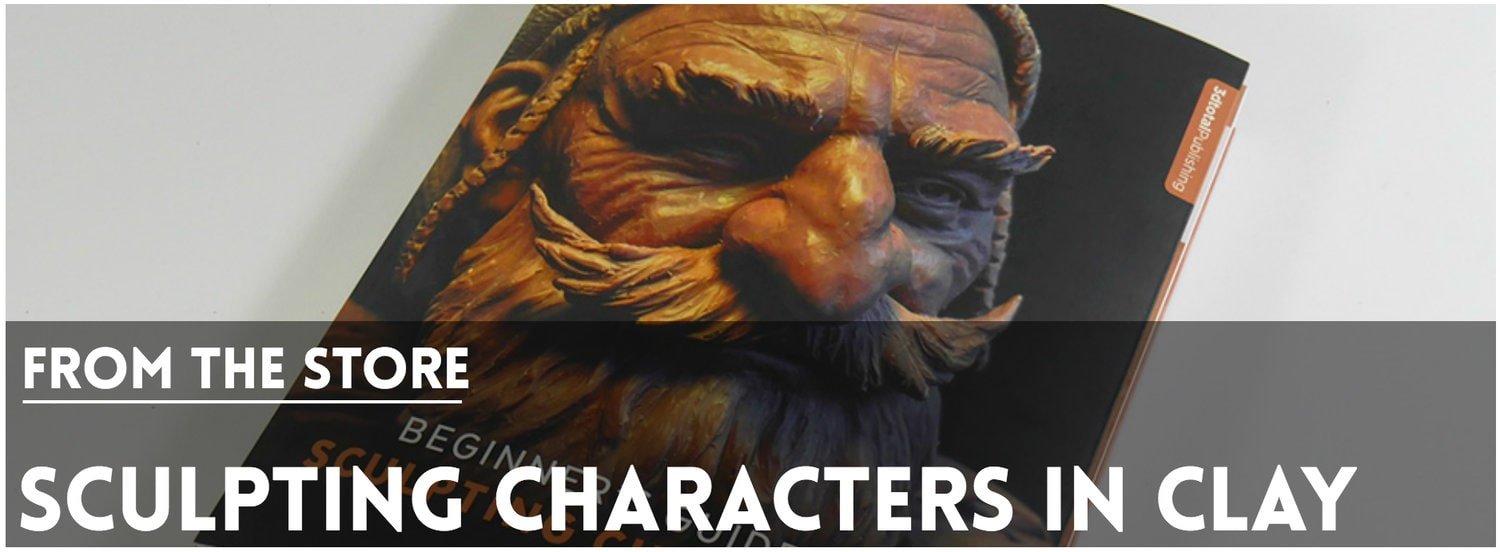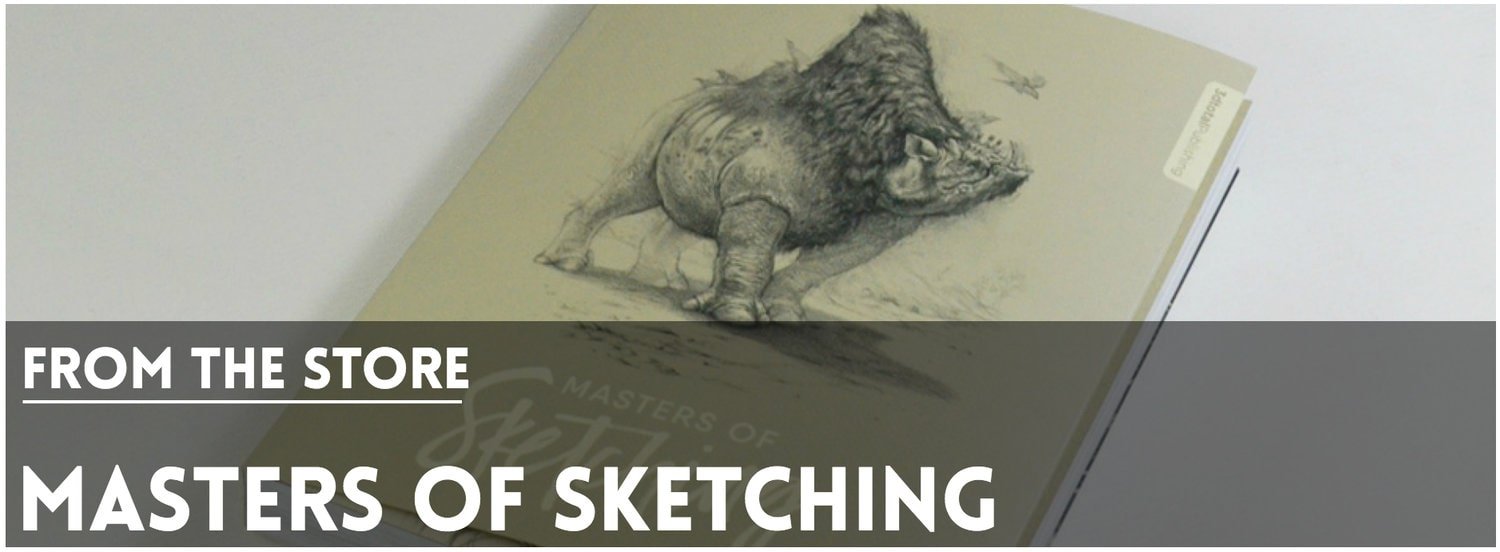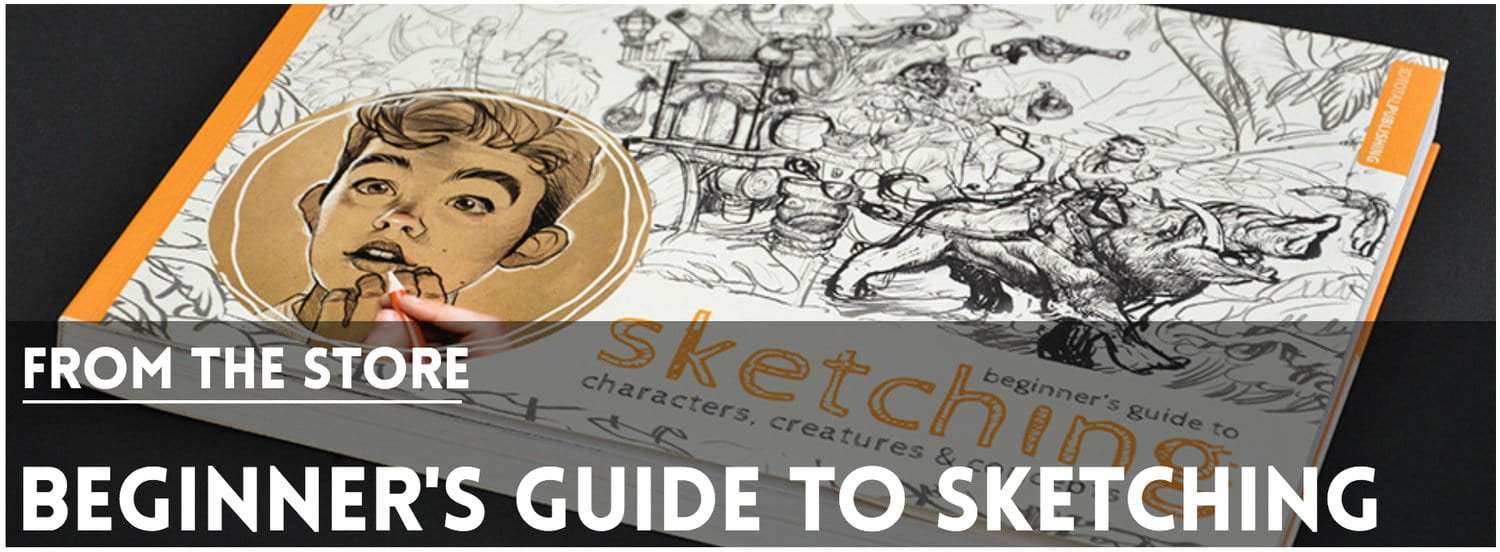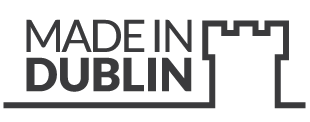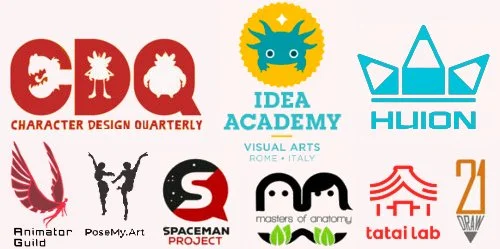Chris Palamara
/Where did you grow up and when did you decide to become an artist?
I grew up in the South East of England. Drawing was one of the few things I could rely on to be consistent growing up compared to ever changing homes, school and friendships. It’s due to this that I am so intimately connected to it. My canvas has always been a place of refuge and my drawings are, to me, like diary entries in visual form which help me to process and make sense of the world around me. Of course, as well as being important to the way I function, I find art to be hugely enjoyable. I don’t think being an artist was ever a decision I made and is instead just an integral part of who I am - I really couldn’t imagine any other way of being.
Did you go to an art school or are you self taught? How did you develop your skills?
As a visual artist, I am a keen observer and gobble up everything I see constantly with hungry eyes - whether it’s from my immediate surroundings or from the work of others. I find that the ideas which I pull directly from life experience are the ones which go on to be the most engaging to people who see my work. For instance, I inject a lot of my niece into so many of the characters I create, which come from my fond memories of her. I think this type of approach makes for the most sincere and relatable of all my creations and I think a lot of artists would probably say the same. In this way, it’s observation away from the canvas that often generates the most potent ideas for me to use later on. From a technical standpoint though, observational drawing is always very insightful and I especially love to draw the human figure and life drawing.
Being a character designer means that I have a bit of a preoccupation with people. The best part about this is that there’s never any shortage of them to reference from. If they didn’t scare me so much, I’d be out in the field drawing from life all the time - however, while a subject of intrigue, people - crowds especially - also terrify me. But waiting rooms are great places for observation of people, making them much more productive places than they might otherwise be.
Have you always been supported in your artistic path or has it been challenging to let your family and friends understand your choice?
I remember receiving multiple art sets for every birthday and Christmas - especially from my aunties! I was definitely not devoid of any encouragement growing up - I am very lucky.
What was the strongest influence you had when you were growing up ( artists, movies, cartoons, comics etc.. ) ?
I would always be plonked in front of the television growing up and copying what I saw - something which my dad would say was futile because the images were moving. But learning to draw from moving images in particular is what I think lead me to pursue the field of animation. Some of my most valuable skills as a character designer come from practicing art in this way so early on, especially in being able to visualize and turn a character in my mind as well as in developing a strong visual memory.
I was also introduced to paintings of the old masters during my early adolescence which, in stark contrast to my earlier influences, had really changed the way I experience art. Becoming aware of the fundamentals for the first time was hugely insightful, priming my chops before reacquainting myself with cartoons later on from a completely new and informed perspective.
Before arriving at the decidedly toony aesthetic which my work has today, I made the transition back to cartoons very gradually in fact. There’s an overlap I saw between work which comes from film, animation and games studios and that of the old masters which is incredibly evident once you know what to look for. In this way, learning the fundamentals almost gave me permission to explore different types of art (with my eyes and with my hands) before implementing what found over the years in my own work doing what truly love within cartoons.
Did you have a favourite subject to draw when you were a child and do you still have one today? If you do, what makes it so special?
As I hinted at earlier on, I’m largely motivated as an artist by my insatiable curiosity of people. Not only does drawing them help me reflect on my own social encounters, but it helps me engage with other people too. Being able to make the kind of nonverbal and instinctual connection with somebody else as fostered by art is what makes character design and art in general so uniquely powerful.
What I enjoy most about looking at the work of others is being able to feel something from it - and this is an experience that I ultimately strive to deliver for anyone who sees my work. In order to make this happen, it’s important that what I present is something that I care about and which matters to me. In particular, urban fashion infused with futuristic or fantastical themes have a strong presence in my work: which is perhaps why I enjoy the cyberpunk genre so much. The anti-hero outcasts and corrupt cyberpunk worlds typical of the genre mesh well with what is quite a cynical side to my personality. Meanwhile, the aesthetic brilliance and visual vitality usually seen in these worlds easily connects to my more optimistic and excitable nature. I therefore find the genre to be super evocative and artistically stimulating.
Since I almost exclusively deal with characters in my work, connecting with my viewers is somewhat more challenging than if I was to work with environments as well because so much information about characters and their situations can be communicated through the worlds they belong to. It’s therefore important that I always pay special attention to aspects of design which could provide clues about more than just the characters themselves, hinting at things like period context, social status, place and time of day, etc. Fashion design lends itself so well in this regard, because not only is it telling about a character and their world, but it’s also something that lets viewers more easily identify with my characters.
What part of the creation process is the most fun and easy and what part is the hardest?
My process itself usually begins in a very exploratory way by improvising based on what loose ideas I may have. Sometimes these ideas aren’t based on anything tangible and might instead be based on a feeling and this is normally enough for me to use as a compass with which to navigate around the canvas. As soon as I start making marks, I quickly find a direction to work towards that could involve specific poses, shapes and silhouettes - true for both concepting new characters as well as illustrating characters I’ve already designed. I make a conscious effort not to place too many boundaries on myself in the early stages because it’s too easy to become paralyzed by this, and I instead make commitments to specific design choices gradually.
Once I’ve identified some possibilities as auditioned with sketches and drawing thumbnails, my mindset switches from feely to one that’s more technically inclined and would involve more thinking rather than feeling. I might choose to use the sketches to do cleaner and more detailed versions, or I might instead use the them as a basis for a completely new drawing which expands on the features I liked from before and giving me the opportunity to drop anything I wasn’t happy with. Sketching freely early on is important because it serves as a springboard to the next stage of refinement, which I find is less forgiving of backtracking and large iterations.
Because my initial sketches are extremely loose, I have to compensate for this by making even more decisions during the clean-up stages of the drawing than if I had made them in the earlier stages. For instance, I might still be trying to exact the specific shapes of some clothes or a hairstyle while drawing the clean line-art which is a very iterative process but means that I have constant freedom to make changes to my drawings right until the very end.
What advise would you give to an artist who is dealing with an art-block? How do you boost your imagination and keep yourself creative?
It’s normally a lack of motivation which tends to be the most impactful of all things to affect my productivity, which I’m sure many people could relate to. I can be quite vicious with myself in evaluating my own art which can be crippling to the point that I become fearful of even approaching the canvas for a while. Procrastination easily becomes of this situation by way of avoidance, but is quite miraculously defused once I brave the canvas again. It actually feels a bit bewildering to notice how suddenly I can change the way I perceive myself and my work from so negatively to positively again so quickly.
I think it’s important for us to recognise that creating art is a difficult practice even for the most accomplished of us out there. It’s impossible to ever reach a point at which we could say we’re finished learning. Because of this, frustration is an inevitability if we want to create and this will always be true. Learning to accept and even welcome this frustration is therefore paramount in my opinion. We can more easily do this by being kind to ourselves and being brave.
I’d also encourage people to diversify the ways in which they function creatively which can make it easier to stay inspired. There are lots of ways we can restore our creative juices once depleted other than viewing art, and in fact these sources of inspiration can end up being ones of the most potency. For me, listening to podcasts, TEDx talks or tuning in to the popular Chiustream are all huge motivators because they activate my ability to think creatively in ways or about things that I wouldn’t have explored before.
What is your longterm career goal and what would your dream project be?
My goal is to find work in a production environment, working in either games or feature animation as a character artist / designer - I’m attracted to these fields in particular for their strong emphasis on storytelling. I’m currently learning to sculpt in 3D which I think would compliment my 2D skills in character art, which together could be valuable in a production environment - especially within the games industry. I think skills in 3D are important to learn anyway with the direction that the industry is evolving, as well as being very transferrable skills between many different types of industries.
I also have a dream to release some independent projects in the future based on some of my own IPs - involving both games development and also children's book illustration. I’m particularly interested to experiment with potential ways in which both these things could come together in consideration of games / children’s stories and how they overlap, as a kind of interactive story app.
Further on in life, I’d like to teach. I envisage this to be for kids at the moment but that could change to college level depending on where my professional career will take me and what I will ultimately be able to offer based on my experiences.
We have a soft spot for hand drawn animation, what is your opinion about the future of this art form?
Today’s sky is truly limitless. We live in a world that is more connected than ever before, with all the necessary ingredients required to make awesome things happen being right at our fingertips. It’s now possible for teams to operate online via telecommute, with access to the equivalent software and technology to that of leading studios, and to participate in the sharing of vast knowledge and constant learning by creatives. This is all especially true with the popularity of crowdfunding websites - today, we can create what we want. As such, I’m excited about the potential that exists for 2D animation by independent teams or individuals in lieu of much corporate presence on the 2D scene.
Finally, Where can we see your art online and get in touch with you? How can we buy your creations and support your work?
I’m most active on Tumblr ( puddlefisher.com ), Twitter ( twitter.com/puddlefisher ), DeviantArt ( puddlefisher.deviantart.com ) and ArtStation ( artstation.com/artist/puddlefisher ). You can also reach out to me directly via e-mail ( chris@puddlefisher.com ). Thank you so much for your support!
Thank you Chris :)
